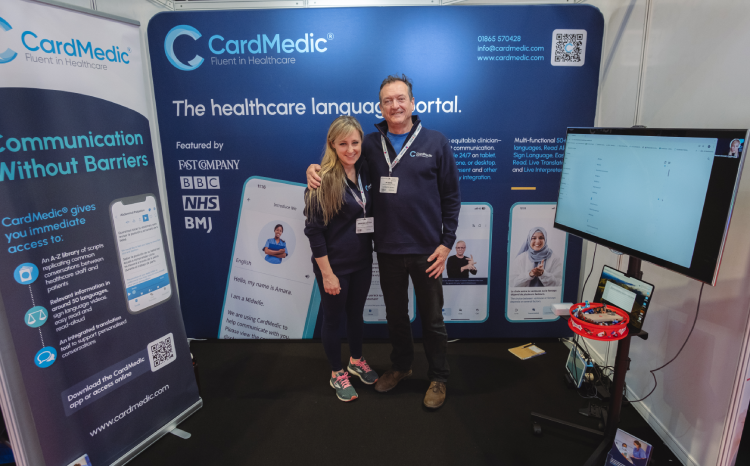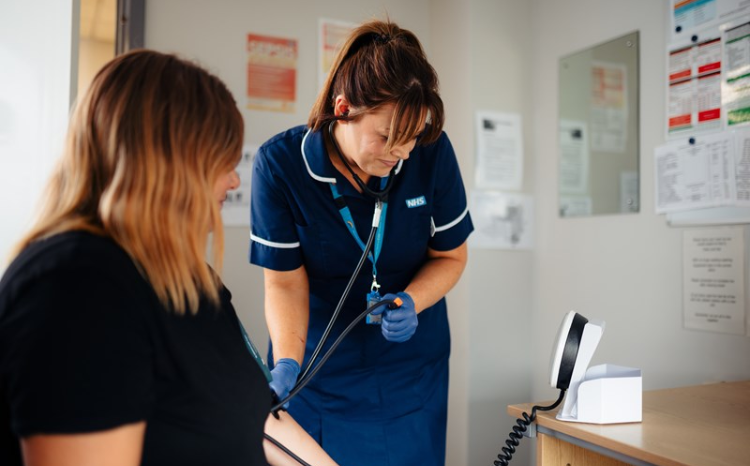Digital Health’s coronavirus news round-up
- 19 June 2020

As we head well into month three of lockdown – Digital Health News has rounded up all the latest Covid-19 news.
We start with the NHS contact-tracing app. After weeks of no updates on the app, the government has announced it will abandon its model and switch to Google and Apple’s technology.
The major U-turn follows months of debate over whether a centralised or decentralised approach to contact-tracing should be used.
The NHS originally opted for a centalised approach, which would see data collected from the app sent to a central database for analysis. But today’s announcement will see it switch to Apple and Google’s decentralised contact-tracing model which has been heralded as being more secure.
Norway’s app halted
While the government in Norway has been forced to stop loading data to its national Covid-19 track and trace app after a ruling by the national data privacy watchdog.
The Norwegian Institute of Public Health (FHI) said on Monday that following the ruling by the statutory data privacy guardian on June 11, it would stop uploading data, which was controversially held in a national database. FHI also committed to delete data already uploaded.
The Norwegian Data Protection Authority (DPA) raised concerns that the Covid-19 track and trace software, called “Smittestopp,” poses a disproportionate threat to user privacy — including by continuously tracking and uploading people’s GPS location to a national database for half a year.
Telephones proving to be a lifeline during Covid-19
Elsewhere, Digital Health News has looked into what digital services patients have favoured during the Covid-19 pandemic.
Senior reporter, Andrea Downey, asked a number of suppliers how patient’s have been using their services since the start of the pandemic, and if this will change the way primary care services are delivered in the future.
Text and telephone consultations proved more popular than video consultations, which providers put down to video being newer than telephone and therefore less familiar.
Could algorithms be the answer?
One digital breakthrough in the treatment of Covid-19 has been a project which has looked into whether potential algorithms could help diagnose Covid-19 pneumonia.
At present, clinicians cannot easily predict which patients who test positive for Covid-19 will deteriorate and require hospital admission for oxygen and possible ventilation.
It is also not clear which patients will suffer long-term consequences from the lung damage.
The consortium aims to develop algorithms incorporating data from thousands of patients medical imaging, laboratory and clinical observations to provide both a quicker diagnosis and a prediction of how a patient may progress and recover.




